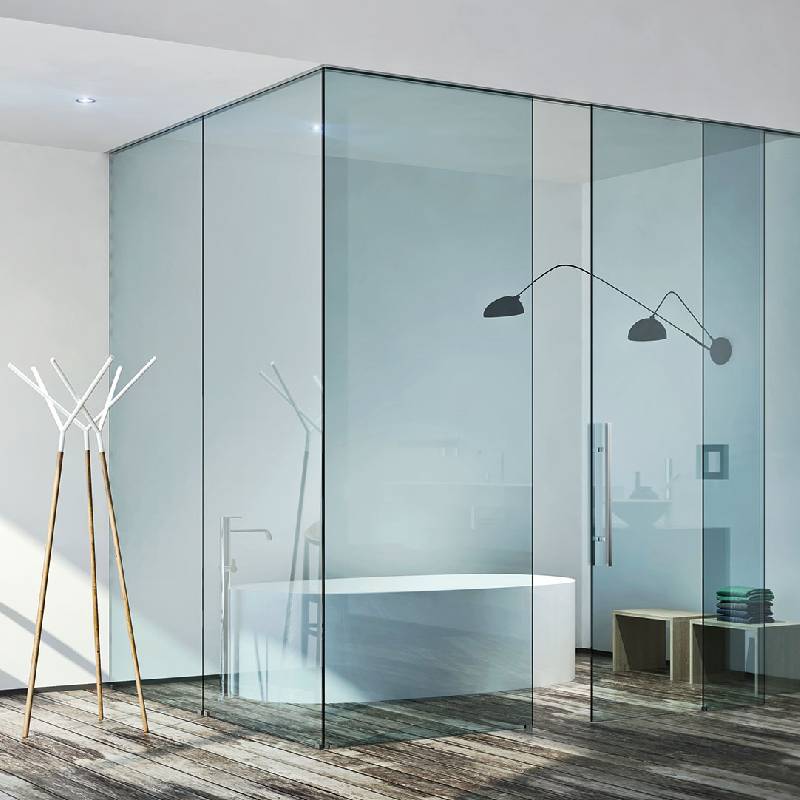

Understanding Horticultural Float Glass A Key Material for Modern Greenhouses
The horticulture industry has long been at the forefront of innovation, employing various materials and technologies to enhance plant growth and yield. One essential component that has gained prominence in greenhouse construction is horticultural float glass. This specialized type of glass offers several advantageous properties, making it an ideal choice for creating optimal growing environments.
What is Horticultural Float Glass?
Horticultural float glass is a high-quality type of glass specifically designed for use in greenhouses and other horticultural applications. Unlike regular glass, float glass is made through a process where molten glass is floated on top of molten tin, allowing it to cool and form perfectly flat sheets. This process reduces imperfections and provides a clear, uniform surface, ensuring maximum light transmission – a critical factor for plant photosynthesis.
Benefits of Horticultural Float Glass
1. Light Transmission One of the primary benefits of horticultural float glass is its superior light transmission capabilities. With up to 90% of light passing through, this glass allows plants to receive ample sunlight, essential for robust growth. This characteristic is especially beneficial in regions with variable climate conditions, as it helps maintain a stable light environment throughout the year.
2. UV Protection Horticultural float glass often incorporates UV-filtering properties, which protect plants from excessive ultraviolet rays. While plants require some UV light for growth, too much exposure can hinder development and lead to issues such as leaf burn and stunted growth. By filtering harmful rays, float glass ensures that plants receive the optimal amount of light they need.

3. Thermal Efficiency Another notable advantage of horticultural float glass is its thermal efficiency. The insulation properties of the glass help maintain a stable internal temperature within the greenhouse. This is crucial for minimizing energy costs associated with heating and cooling systems, ensuring that plants thrive regardless of external weather conditions.
4. Durability and Longevity Horticultural float glass is engineered to withstand harsh environmental conditions. Its resistance to physical impacts and weather elements, such as rain and hail, makes it a reliable option for greenhouse structures. Additionally, this type of glass is resistant to chemical degradation, ensuring that it will last for many years with proper maintenance.
5. Aesthetic Appeal Beyond its practical benefits, horticultural float glass also offers an aesthetically pleasing appearance. The clarity of the glass provides an unobstructed view of the plants within, enhancing the visual appeal of the greenhouse. This quality is particularly beneficial for commercial growers and garden centers, where customer experience is important.
Applications in Horticulture
Horticultural float glass is widely used in various applications within the horticulture sector. It serves as the primary material for greenhouse glazing, creating transparent walls and roofs that maximize light exposure. Additionally, it is used in cold frames, cloches, and plant propagation structures. The versatility of this glass allows it to be adapted for different horticultural needs, providing solutions for both commercial and hobbyist growers.
Conclusion
As the horticulture industry continues to evolve, the materials used in greenhouse construction must also emulate the demands of modern growing practices. Horticultural float glass stands out as a vital component that supports sustainable and efficient plant cultivation. With its high light transmission, thermal efficiency, UV protection, and durability, it creates a perfect environment for plant growth, ensuring that both commercial growers and home gardeners can achieve their cultivation goals. As we move into the future of horticulture, it is essential for growers to consider the advantages of specialized materials like horticultural float glass in their efforts to optimize plant health and productivity. Through innovative materials, the horticulture industry can continue to thrive and meet the growing demands for sustainable food production worldwide.